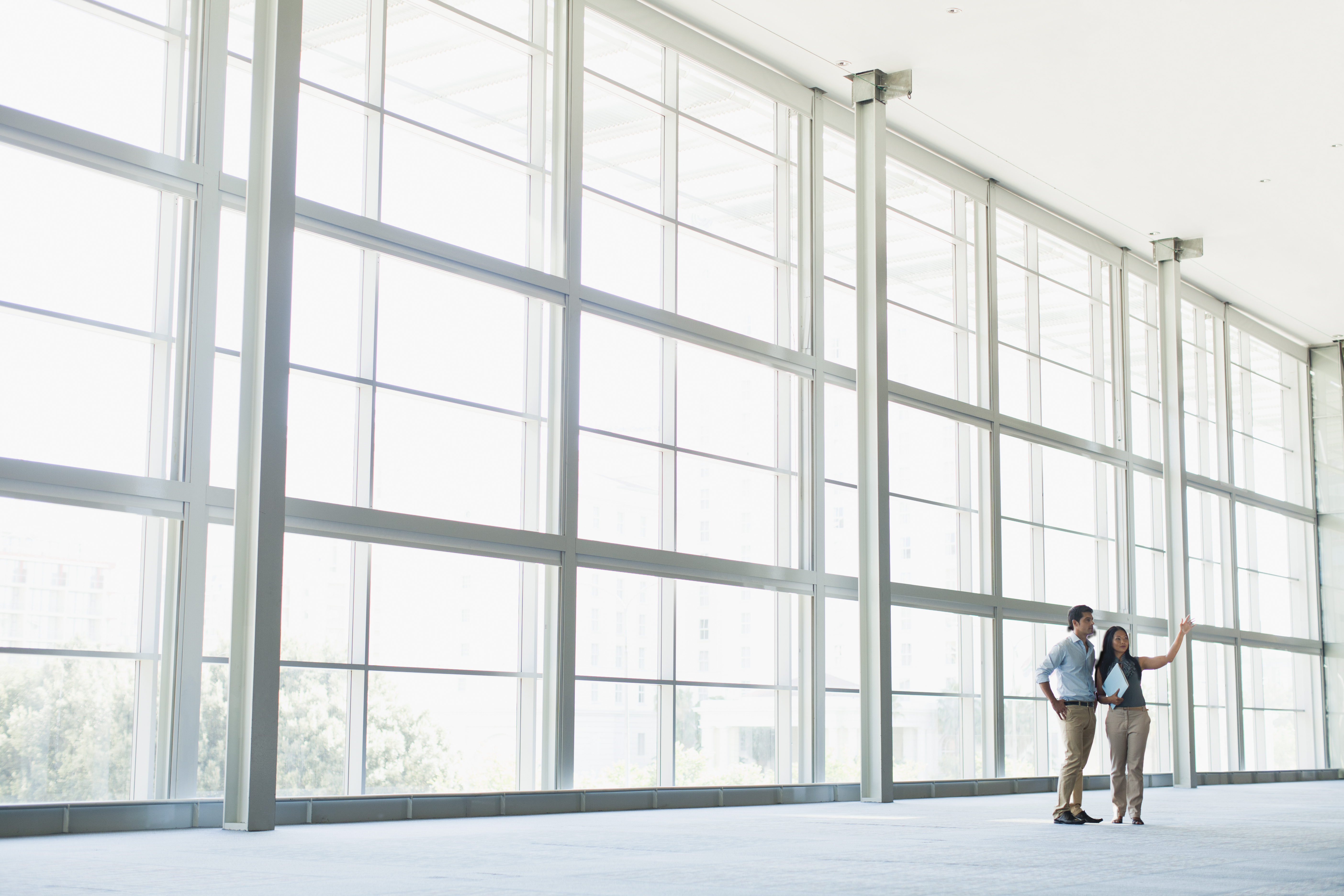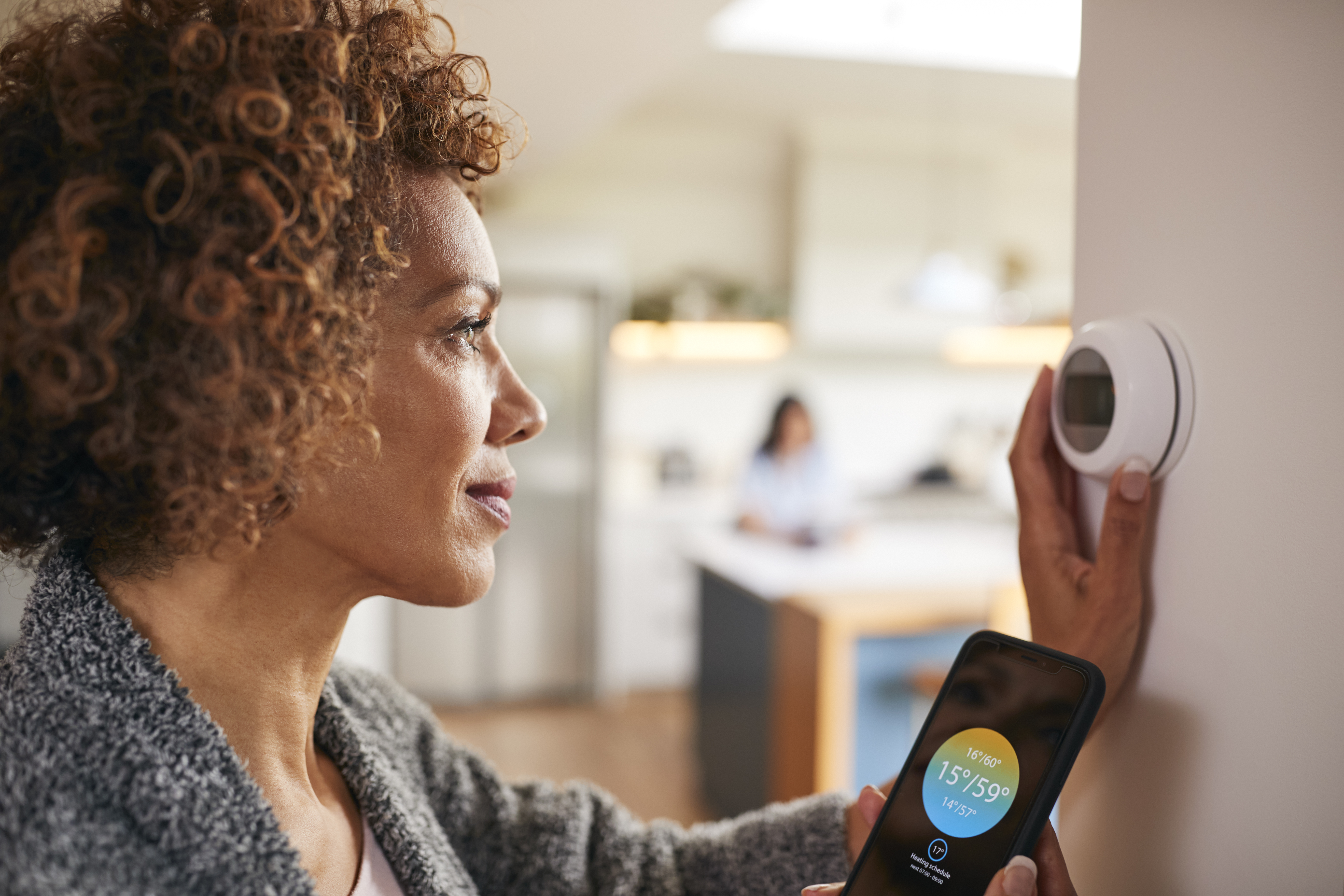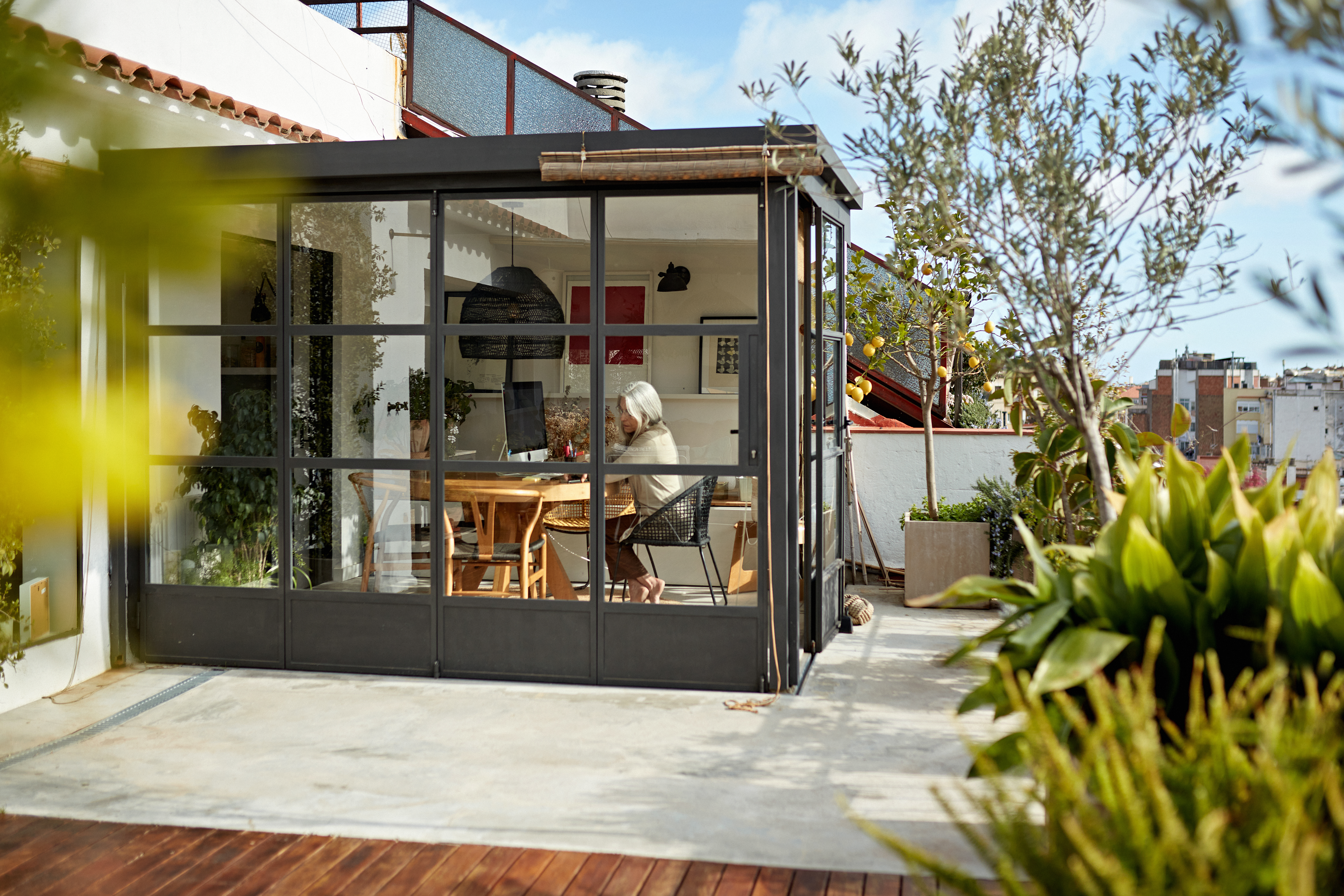Why Commercial Impact Windows Are a Worthy Investment

Every year we experience hurricane season in the U.S. — and so do U.S. properties. Although you typically hear about homes bearing the brunt of the destruction, it often goes overlooked that commercial properties are equally vulnerable to costly damages. So, if you have a business based in a hurricane-prone region, knowing how to prepare for a hurricane is crucial.
Today we’ll be discussing one way to keep your business prepared: commercial impact windows. We’ll walk you through the costs and benefits of installing them, along with commercial building financing that makes this investment affordable for any business owner.
What is the average cost of hurricane impact windows?
When you include installation, the average cost of hurricane impact windows is $62 per square foot. That’s about $1,085 per window for the most common size.
Are hurricane impact windows worth the money?
Absolutely — the benefits of commercial impact-resistant windows far outweigh the costs. It’s an easy way to:
- Save money on insurance
- Save money on utilities
- Keep the space quieter
- Protect your business from costly damages
- Add value to your property
Now, let’s dive in and discuss the benefits in more detail.
Save money on insurance.
When it comes to saving money on commercial property insurance, insurance companies want to know what precautions you’re taking to protect your business. And it makes logical sense — the more precautions you take, the less of a liability you are to your insurer.
Installing commercial impact windows is a safety precaution that will earn you a discount with most insurance companies. If you’re able to make the initial investment, the lower monthly payments can really add up in the long run.
On top of lower monthly payments, impact windows also lower the cost of cleanup in the event of storm damage. It’s a worthwhile investment that pays dividends in many ways.
Save money on utilities.
Installing impact windows is one of the most commonly overlooked energy-efficient improvements in commercial buildings.
Windows can be responsible for 10–25% of your electricity bill by allowing generated heat to escape in the winter and natural heat from the sun to penetrate in the summer.
Impact windows, on the other hand, have specific qualities that not only protect against hurricanes but also make your property more energy-efficient:
- Laminated insulating glass
- Heat reducing glass tints
- Low-E coatings
- Improved framing materials
- 2 or more panes of glass
- Warm-edge spacers between the window panes
To maximize your utility savings, it’s important to understand how energy efficiency is measured:
- U-factor: The U-factor measures the rate of heat transfer which tells you how well your windows insulate. Heat travels from warmer areas to cooler areas. That’s why heat escapes in the winter and penetrates in the summer. A window’s resistance to this transfer is the U-factor — the lower a U-factor, the better a window insulates.
- Solar Heat Gain Coefficient (SHGC): The SHGC measures the amount of solar energy transmitted which tells you how effectively the window blocks natural heat from the sun. A lower SHGC means a window will transmit less solar heat.
So, in order for your windows to be more energy-efficient, you want the U-factor and SHGC to be as low as possible. This will help you maximize savings on utility bills at your commercial property.

Keep the space quieter.
A quieter, more peaceful workplace is another hidden benefit of commercial impact windows. In a typical workday, consider all of the noisy distractions you might have outside your commercial property:
- Street traffic – loud vehicles, honking, accidents
- Construction – building, hammers, drilling, demolition
- Airplanes – loud take-off, landing
- Trains – horns, noisy moving along the tracks
- Neighbors – loud music, social interactions
All of these distractions contribute to what is called sound pollution. Your level of sound pollution largely depends on the sound transmission class (STC) of your windows. STC measures how easily sound can penetrate a window. A standard window, which typically has a single pane of glass and a wooden frame, has an STC rating in the high 20s.
For a window to be considered soundproof, it must have an STC rating of 45 or higher. That’s where the impact-resistant glass comes into play.
Unlike the glass on standard windows, impact-resistant glass is like a sandwich, with layers of glass on the outside and a membrane of PVB (polyvinyl butyral) on the inside. This “sandwich” is heated at extreme temperatures to form one piece of impact-resistant glass.
While protection is the primary function of impact-resistant glass, the additional layers also significantly reduce sound pollution. In turn, installing impact windows can create a more efficient workplace by eliminating unwanted distractions.
Protect your business from costly damages
Ease your worries during hurricanes and other storms. While commercial impact windows can’t prevent hurricanes, they can certainly protect you and your business from potential damages.
One of the most damaging characteristics of a hurricane is its strong winds. But the issue isn’t with the winds as much as the debris flying through the air at alarming speeds. Hurricane winds can loosen tree branches, patio furniture from surrounding neighborhoods and restaurants, and many more items that can harm your property.
Plus, it’s not only your windows that can be damaged by debris in a hurricane. In the event a window is shattered, everyone and everything inside is vulnerable to debris flying through the opening and causing more harm. Not to mention, most hurricanes bring heavy rain. A broken window means rain can make its way inside and cause water damage, which isn’t easy to repair.
So, if you want to protect your business from an endless list of potential storm damages, you need commercial hurricane impact windows. And if you’re not sure how to afford them, don’t worry — we’ve got you covered.
Financing your commercial impact windows
If you want to install impact windows but aren’t sure how to afford them, Ygrene commercial building financing is a great solution. With Ygrene, you get up to 30-year, fully amortized terms with fixed rates and can delay payments for up to 12 or more months. If you’re interested, check your eligibility for Ygrene commercial financing — that way, you can get started with your upgrade as soon as possible.




